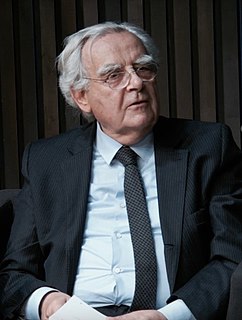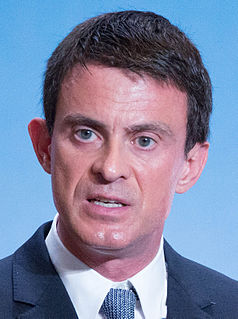A Quote by Claire Messud
When you move around a lot, there are little bits of you from everywhere. I mean, my father's French, and I speak French, and there's a kind of struggle in me that says, 'I'd like to be French.' But I've never been fully part of that culture, that role.
Related Quotes
I went to Brown to be a French professor, and I didn't know what I was doing except that I loved French. When I got to Paris and I could speak French, I know how much it helped me to establish relationships with Karl Lagerfeld, with the late Yves St. Laurent. French, it just helps you if you're in fashion. The French people started style.
In the province of Quebec where I come from, we speak French and the only cosmopolitan city is Montreal. Every time we tackle the subject of immigration and racial tension, it's an issue that concerns Montreal. Also, in Quebec, we have this added issue that we want people to speak French, because French is always on the verge of disappearing to some extent. I work, play and do everything in French.




































